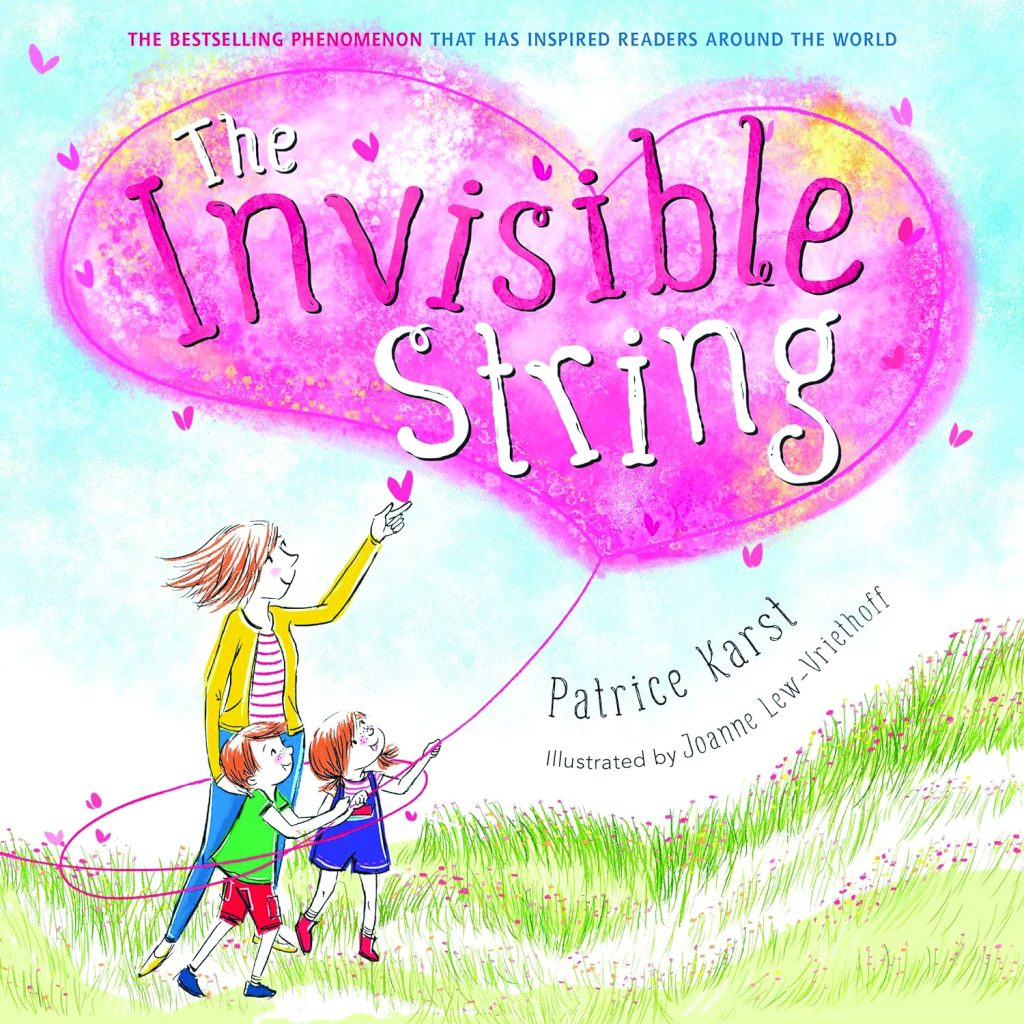Supporting Students During Times of Change
Tips for Parents
The announcement about the consolidation of some elementary schools in RISD will cause school staff, parents, and students to have many different feelings. As adults, there are ways that we can help our children and students through these changes, helping them to feel hopeful and encouraged as they move forward. This will also help us with our feelings as well. Below are some helpful tips for you as you are having tough conversations with your children and students.
- Recognize and acknowledge your own feelings about the situation before talking to your children or students. Although it’s sometimes difficult to do this, it will help reduce the stress and worry that your child might be feeling. You can also use this time to plan what you might say to your child.
- When you are ready, make sure you are in a comfortable setting where your child feels safe. Be sure and remove distractions so that you can be focused and productive. Only include people in the conversation that need to be there.
- Begin by asking your child what they already know, and allow that to help guide the rest of the conversation. If your child is under 5, it’s best to keep things simple and avoid discussing all the ins and outs of the decision.
- Choose picture books to help you with talking points. Many authors are tackling tough issues in their picture books, and this is a perfect way to support yourself, your child, and the conversation.
- Make sure you have enough time for the conversation. It’s best not to start tough conversations while you’re running from place to place. Plan time for feelings, questions, and to decompress afterwards.
- Emphasize that you are a safe place for your child. This is also a great time to talk about who they might ask for help at school if they are having difficult feelings – a teacher, counselor, or principal.
- Stay positive. Remind your child of the power and importance of being kind, empathetic, and a good friend to others. Also, ask them to think about the positives that might come from the situation, such as new friends or different teachers.
- Provide your child with tools to process and accept big feelings. Some ways you can do that are to share a special notebook that you can draw pictures or write notes back and forth, practice different breathing and exercise techniques for reducing stress, plan family activities together as a way to shift your thinking, and work on a family service project together.
- Discuss possible steps they can take to move forward. This forward thinking will help your child feel more prepared to go into a new situation with courage and confidence, and will help in future difficult situations.
Make a list with your child about the positives of a new school. Keeping a focus on the positives will help outweigh the negatives of the change. Post the positive changes where you and your child can see them and review or add to them when needed. This will help your child adjust and feel less anxious about changing schools.
Other Resources:
Supporting Students During Times of Change
Change can be hard for anyone, especially children.
Everyone handles change differently, and learning about
changing schools next year will likely mean some questions
from your child. Here are some helpful tips for talking with
your child about change:
Tips for Parents:
Although it’s sometimes difficult to do this, it will help
reduce the stress and worry that your child might be feeling. You can also use this time
to plan what you might say to your child.
Be sure and remove distractions so that you can be focused and productive.
Only include people in the conversation that need to be there.
If your child is under 5, it’s best to keep things simple and
avoid discussing all the ins and outs of the decision.

The Invisible String
by Patrice Karst

The Invisible String
by Patrice Karst

The Complete Book of
First Experiences
by Anne Civardi